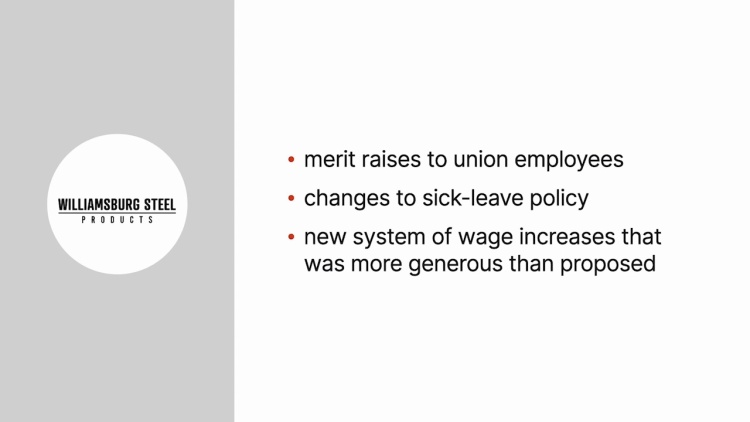National Labor Relations Board v. Katz
United States Supreme Court
369 U.S. 736 (1962)
- Written by Rose VanHofwegen, JD
Facts
In August 1956, a union began negotiating employment terms with Benne Katz and other partners of Williamsburg Steel Products Company (defendants). At the first three meetings, the parties discussed wage increases and sick leave without reaching agreement. Meanwhile, the company unilaterally adopted three new policies affecting those terms without notice to or consulting the union. First, the company granted numerous merit-based raises. Second, the company reduced paid sick-leave days but doubled the number carried over annually. Third, after the union rejected one automatic wage-increase proposal, the company adopted an even more generous automatic wage-increase policy. The union filed unfair-labor-practice charges, and the National Labor Relations Board (plaintiff) (NLRB) found the company had failed to negotiate in good faith by acting unilaterally. The company appealed, arguing unilateral actions did not amount to a failure to bargain under the National Labor Relations Act (NLRA) absent subjective bad faith at the bargaining table.
Rule of Law
Issue
Holding and Reasoning (Brennan, J.)
What to do next…
Here's why 907,000 law students have relied on our case briefs:
- Written by law professors and practitioners, not other law students. 47,100 briefs, keyed to 996 casebooks. Top-notch customer support.
- The right amount of information, includes the facts, issues, rule of law, holding and reasoning, and any concurrences and dissents.
- Access in your classes, works on your mobile and tablet. Massive library of related video lessons and high quality multiple-choice questions.
- Easy to use, uniform format for every case brief. Written in plain English, not in legalese. Our briefs summarize and simplify; they don’t just repeat the court’s language.





